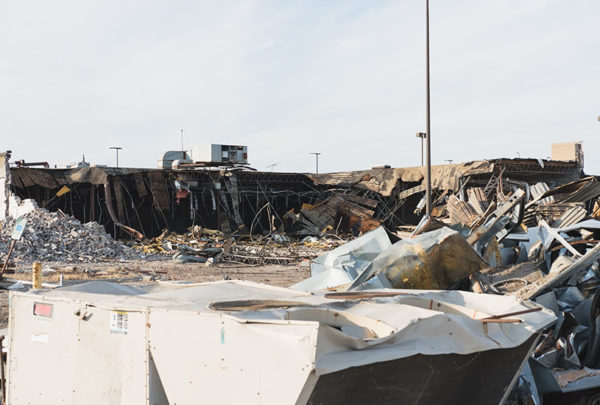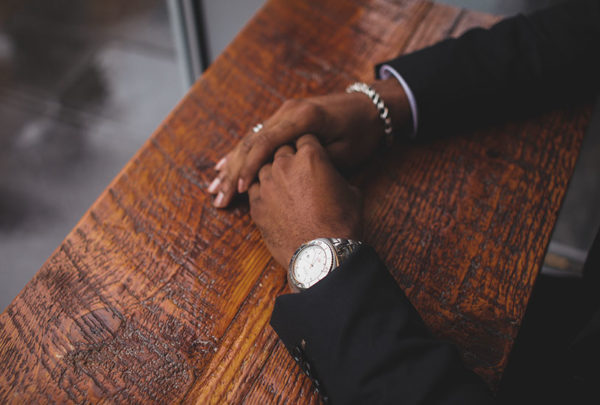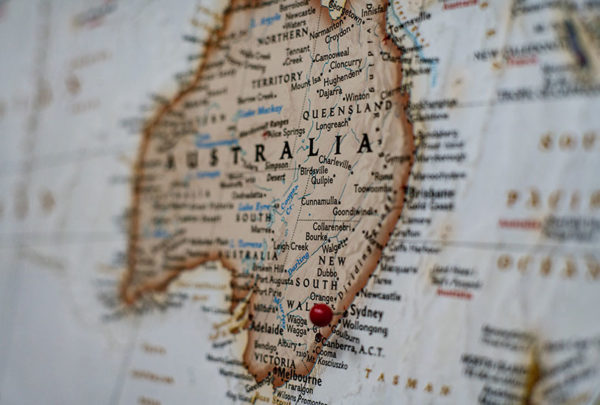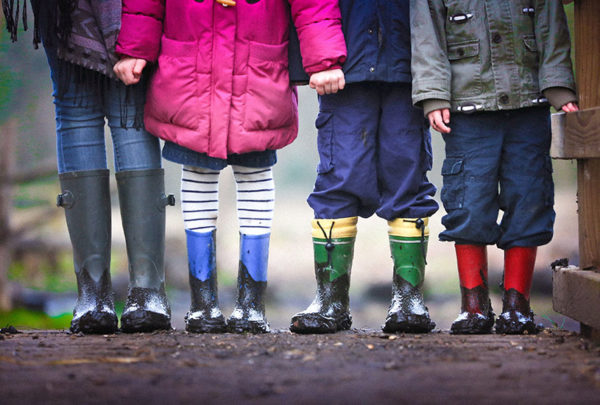
Leadership key to disaster response
A Fulbright scholarship will allow a Deakin professor to expand his work in building the leadership capacity of those at the frontline of humanitarian disasters.

A Fulbright scholarship will allow a Deakin professor to expand his work in building the leadership capacity of those at the frontline of humanitarian disasters.

A creative tribute to women affected by the Hiroshima atomic bomb will be funded by an Australia Council Grant.

Researchers have uncovered a serious lack of women leaders from culturally-diverse backgrounds in ASX-listed companies.

Dr Shirley Bennell's doctoral thesis is both a finely honed piece of academic research and a moving personal story of the effects of racism and discrimination on generations of her family.

Deakin University’s Associate Professor Melinda Hinkson has contributed to the placement of indigenous drawings on an elite UNESCO register.

Vice-Chancellor Prof Jane den Hollander, Prof Jill Blackmore and Prof Jon Altman have been honoured for their contributions to the nation

Chinese audiences are flocking to see operas by composers such as Mozart and Puccini.

Australians are more satisfied with their lives now than at any time since the year 2000.

Deakin researchers have achieved an outstanding year of discoveries and partnerships that will benefit our communities and the planet into the future.

National Equity Fellow, Dr Nadine Zacharias, has presented her findings at the National Press Club.

The dusty archives of hospitals and charitable organisations reveal the important role children played in 19th century philanthropy.

The ‘buckets of bones’ discovered at Lancefield, north of Melbourne, will offer clues to the cause of Australia’s megafauna extinction.

Deakin researchers and students are helping to develop the world’s first international indigenous design charter.

Deakin health research has received another funding boost.

A new exhibition fuses science and art to explore disease as both reality and metaphor.

uthor and human rights advocate Dr Arnold Zable used stories to give a human face to Australia’s marginalised in the 2016 UNESCO Chair Oration.